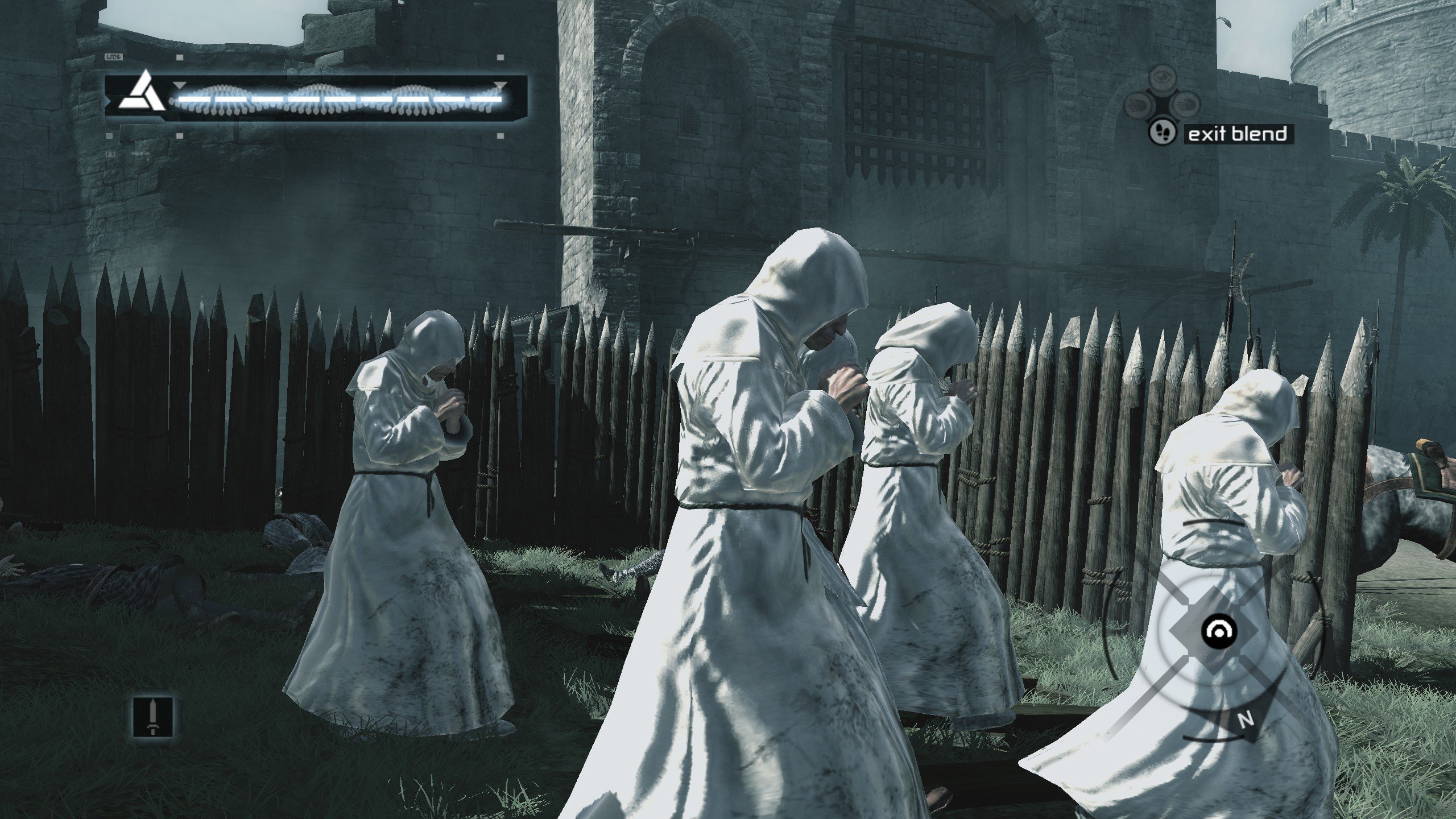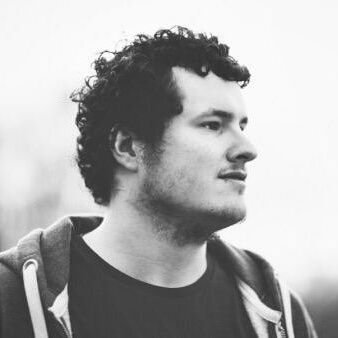The new Assassin’s Creed can't return to its roots - because they were never that strong
Desert eagle

Assassin’s Creed Mirage is a series reset. That’s what its key art suggests, at least – depicting an assassin dropping from a ledge, wrist-blade drawn, into a crowd of unsuspecting pedestrians. The killer’s linens are whiter than white, fit for a detergent commercial, and bring to mind Altaïr – the titular murderer in the very first Assassin’s Creed. Then there’s the backdrop: a mosque and minarets bordered by thick, stone fortifications, an evocation of the Holy Land Altaïr once prowled.
Yet this hazy image on the horizon is no remake: rumors, from the time this new project was codenamed Rift, suggest that this new assassin is in fact Basim, a supporting character in Assassin’s Creed Valhalla – while the landscape is Baghdad, rather than Masyaf, Jerusalem, Acre, or Damascus, the cities that Altaïr haunted.
It’s just as well. You can never go home again, and in this case, you likely wouldn’t want to. The first Assassin’s Creed may have originated the fantasy of the blade in the crowd, but didn’t deliver on it. Today, it stands up like a crusader general with a shiv slipped between his ribs: that is, unsteadily. What were pitched as Hitman-esque investigations into the location and weaknesses of your targets instead took the form of flag-collecting, street fights, and other busywork unbecoming of an agent trained to pass unnoticed. As for its stealth systems, you couldn’t even call them underbaked; they clearly never left the mixing bowl.
A person familiar tells me parts of this new Assassin's Creed leak are true (such as the name and the other stuff Bloomberg has already reported: spring 23, Baghdad, back to AC basics) and other parts are not ("multiple cities to explore") https://t.co/qmM6UZtKnGAugust 30, 2022
What Ubisoft’s tease of Mirage suggests, then, isn’t so much a return to the original Assassin’s Creed so much as its unfulfilled ambitions. You’ll notice that the gaggle below Bazim is made up mostly of citizens, not soldiers – the default setup for the social stealth that was once Assassin’s Creed’s primary sell, before Ubi got tired of digs about tailing missions and shifted focus to mimic The Witcher, forefronting exploration, dialogue and stat-stuffed equipment for you to sort through.
Sneaking remains a key component of other top Ubisoft franchises, so there’s plenty of in-house experience to pull on in that department
You’ll also notice that not a one of those townspeople has yet spotted the white-robed death hovering above their heads. That’s in keeping with the Bloomberg report that claimed Rift – now Mirage – will offer stealth over open-world roleplaying. Sneaking remains a key component of other top Ubisoft franchises – the legacy of Splinter Cell: Conviction still clearly evident in the cover stealth of Watch Dogs Legion, for instance – so there’s plenty of in-house experience to pull on in that department.
If Mirage draws even a little on the Sam Fisher school of stealth, however, it’ll quickly lose all resemblance to the original Assassin’s Creed – which relied on a universal indicator closer to GTA 3’s Wanted level to keep track of your heat, and famously employed theatrical dives into haystacks to cancel out Benny Hill chases. That’s for the best. Patrice Désilets and his original development team never found a truly satisfying shape for that formula, and the series retreated to more traditional cat-and-mouse mechanics in subsequent entries.

If Ubi is serious about reviving social stealth, it’ll want to look to the modern-day Hitman trilogy, and IO Interactive’s liberal use of safe or ‘gray’ areas of the map to allow you ample time to watch your target without risk of discovery. That said, Ubi has routinely chosen the easier path – balancing stealth with regular bouts of compulsory, all-out action instead.
Sign up for breaking news, reviews, opinion, top tech deals, and more.
Altaïr was told that “knowledge precedes action” – but handed a sword, rather than subtler tools that might better enable him to follow his mentor’s advice. Given that history, this latest promise of a truly stealth-focused Assassin’s Creed may, too, turn out to be an illusion.

Jeremy is TRG's features editor. He has a decade’s experience across publications like GamesRadar, PC Gamer and Edge, and has been nominated for two games media awards. Jeremy was once told off by the director of Dishonored 2 for not having played Dishonored 2, an error he has since corrected.